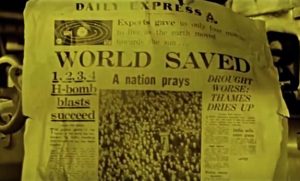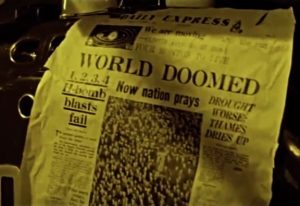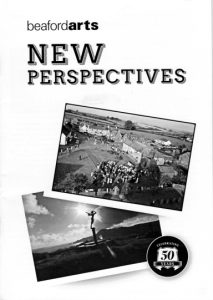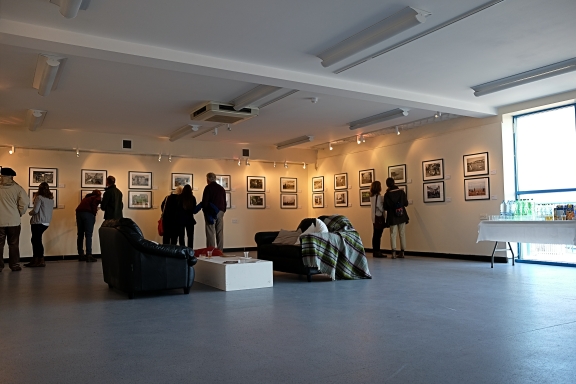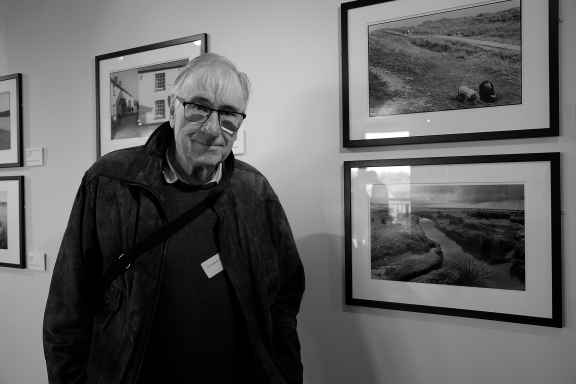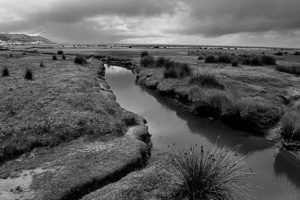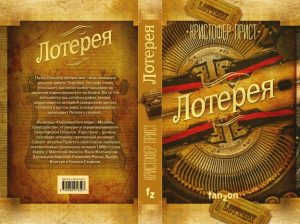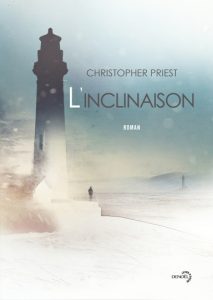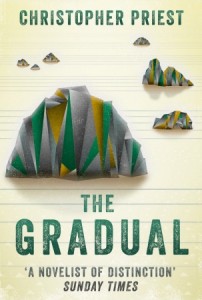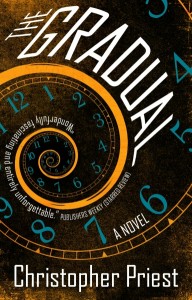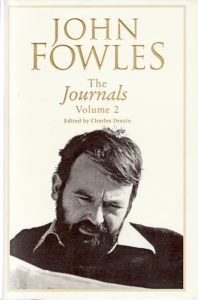I normally avoid politics, but this is beyond politics.
Referenda in the UK are only advisory. They are not legally binding. The British Parliament is sovereign. The referendum last week was advisory.
Although the public voted in favour of leaving, the UK is not obliged to withdraw from the EU unless Parliament decides to do so. In fact it cannot. Parliamentary decisions cannot be constrained by non-parliamentary opinion. (Cf. the abolition of hanging in 1965, when around 85% of the British public were believed at that time to be in favour of retention.) Parliament is sovereign.
Before the referendum it was known that only a minority of sitting MPs were on the Brexit side. Because of the Tories’ tiny majority David Cameron would have had to allow a free vote — after that the question of leaving the EU would not have arisen.
But Cameron caved in to his Euro sceptics and the abominable Ukip, and committed himself to the referendum. He has paid the price. In the words of Polly Toynbee’s brilliant essay in today’s Guardian, “his place in history is assured only as the man who shipwrecked Britain.”
The country now has fallen into the hands of opportunistic but weak and inexperienced Tory adventurers like Boris Johnson and Michael Gove. Nigel Farage, who runs Ukip, is a disgrace to our nation, a national embarrassment. The union with Scotland will certainly collapse. On the other side of the Irish Sea the Sinn Fein party of Northern Ireland want union with the rest of Ireland (which remains in the EU) – such a development runs a severe risk of renewed violence from the Protestants in the north. The British special relationship with the USA is faltering, even in the words of the mild and moderate President Obama. The EU is already urging Britain to speed up the divorce and get the hell out of the way.
Britain is becoming a pariah, a sort of offshore irrelevance, for now at least dominated by bigots and opportunists, armed with nuclear weapons.
I love Europe as it has become in the years after World War 2. I see it as a peaceful, tolerant, civilized, enlightened place, full of progressive technology, culture, ideas and art. It has pioneered Human Rights, the abolition of the death penalty, legislation on crucial environmental issues, the free movement of citizens, a gradual growth into secularism after centuries of dominance by churches.
The hated EU bureaucracy that these Tory adventurers have focused on is the same bureaucracy employed by every large state, the old UK included. Nowhere is perfect. Until this week, the inexplicable little marriage of convenience between mainland Europe and my island home was something that worked against all the odds, a bickering, annoying relationship between two sides who knew each other rather too well. The result was a paradoxical but stable and fruitful partnership, perhaps a model for all civilized nations to aspire to.
They could stop all this now. Parliament is sovereign — it cannot be said too often. If the MPs had the guts to defy the “advice” of the public, if Parliament trusted in its own beliefs, it could quash the referendum now, immediately, today, tomorrow, next week, before any more damage is done.
Of course it will not, and so we drift into a future that suddenly seems deeply unpleasant and dangerous.

